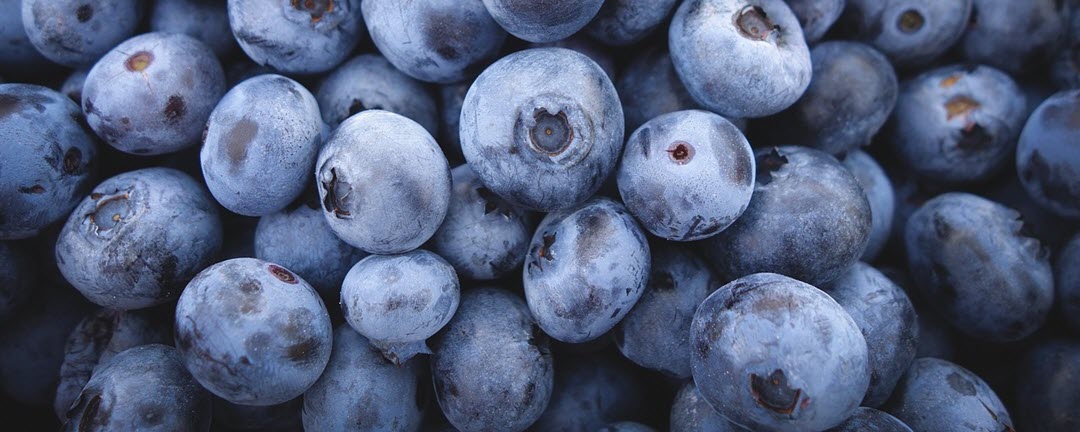The Truth About Vitamins And Antioxidants

When you read the news, you might see from time to time attacks on vitamins and antioxidants that say they don’t work and aren’t worth taking. There have been headlines that have declared antioxidants are useless, vitamin C is dangerous, and vitamin E is deadly.
Articles and scare tactics like these might have you wondering if taking nutritional supplements is worth it. Is there any science or truth behind these attacks? To answer this question, let’s look at a few things.
First, let’s look at an antioxidant study (vitamins E and C). A 9 year study followed more than 8,000 women to determine the effects of antioxidants in preventing heart disease. The study found a SIGNIFICANT reduction in stroke (31 percent) and heart attacks (22 percent) among the women who actually took the vitamins.
Here’s the problem. If you consider all of the women who originally signed up for the study, and include the THOUSANDS who never took the vitamins, then the results show nothing substantial. But when you evaluate the women that DID take the vitamins, there were positive outcomes.
I use this example to illustrate how the media manipulates the facts. The media declares antioxidants to be useless because they are considering the measured results of all of the women, including those who didn’t take the antioxidants. This logic is similar to taking a hundred cars that ran out of gas, filling up 40 of them with gasoline, then declaring that gasoline doesn’t make cars run because 60 of them are still on empty.
It sounds absurd, I know, but it’s only the beginning of this story. Time after time, medical researchers and the mainstream media seem to go out of their way to distort scientific studies and misinform readers about the usefulness of vitamins and dietary supplements. And why would they do that?
Because researchers receive hundreds of thousands of dollars in grants from the drug companies. Their primary revenue source is from studying the effects of pharmaceutical drugs. And the researchers who don’t consistently find positive effects for the drugs are eventually blackballed and shunned from the industry, and find themselves without a job.
There’s a tremendous amount of pressure on researchers from the drug companies to make sure their findings support their financial interests. As an example, 80% of all clinical trials funded by drug companies produce results that are favorable to the financial interests of those companies.
There’s also a lot of pressure to find something wrong with vitamins, dietary supplements, herbs, and nutrition – because these substances compete with pharmaceutical drugs. The truth is, the more people take nutritional supplements, the less they need pharmaceutical drugs because nutrition actually prevents disease.
So one of the best ways to create a strong market for pharmaceutical drugs is to discredit nutritional supplements and make people think they are dangerous or have no health benefits.
This is all quite laughable, given the fact that prescription drugs are now the 4th leading cause of death in America. Did you know that FDA approved drugs kill over 100,000 people each year right now? That’s more Americans than the number that died in the Vietnam War, and this is every year.
The truth is, nothing kills Americans faster than prescription drugs. Not terrorists, not war, not AIDS, not car accidents, and not drunk driving. And how many people have vitamins killed? No one.
It’s sad that the mainstream media, which receives billions of dollars in advertising from the pharmaceutical companies, is now in the business of misinforming the public. Don’t believe all of the hype. Consider who’s funding the studies that keep inventing the dangers of taking herbs, vitamins, and other natural supplements.
High quality vitamins and nutritional supplements are a great way to get the nutrition your body needs to maintain optimal health.
So keep on taking your vitamins, minerals, and antioxidant supplements. You’ll be healthier for it!

0 Comments